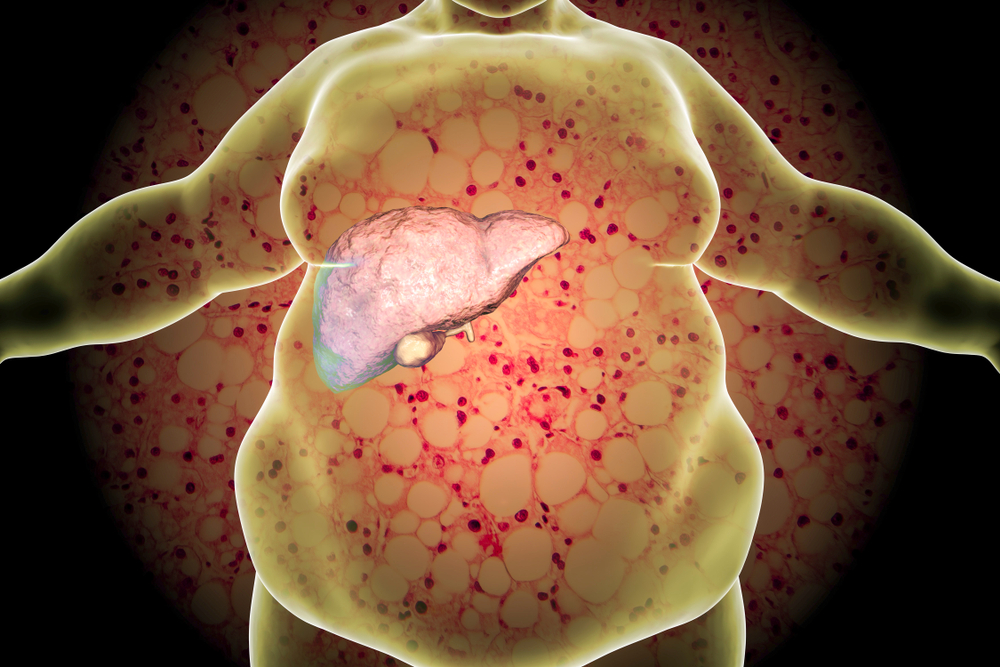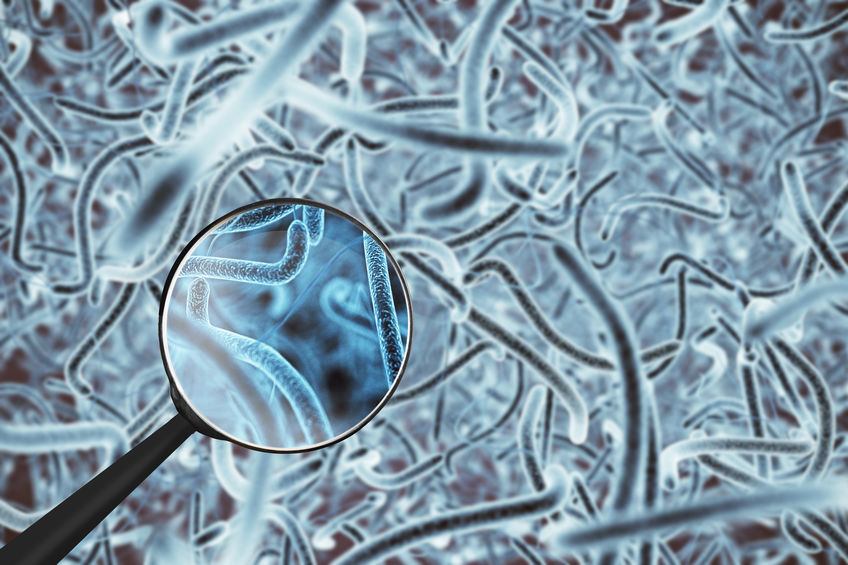Do you have digestive symptoms and have issues with methylation or tested positive for MTHFR mutations or any other genes involved with methylation? Do any of the following sound familiar to you?
- Digestive problems such as bloating, constipation or diarrhea.
- Diagnosed digestive disorders such as IBS, Chron’s, SIBO, or reflux.
- Chronic infections such as candida, H. pylori, or parasites.
- Food intolerances or leaky gut.
- Gallbladder issues or had to have your gallbladder removed.
All of these may be connected with MTHFR and your genes – either through genetic expression affecting your digestion, or digestion affecting your genetic expression. It’s pretty much a two-way street. Recently I had the pleasure of writing an article for MTHFRdoctors.com around the subject of methylation and our gut microbiome.
You can read the full article here – The Influence of Probiotics on our Health
We often forget how interconnected our bodies are and that everything influences everything. If your diet is not healthy, your gut bacteria is not healthy, this will have a direct influence on MTHFR and methylation. ‘How’s this?’ you may ask. Well, many of the nutrients needed for our genes and enzymes to work are made by the bacteria in your gut. Folate, vitamin B12, vitamin K, biotin, Coenzyme Q10 and many others are all manufactured by bacteria such as lactobacilli, e. coli and bacteroides species.
For these species to thrive in your gut you need to have a decent diet that’s made up of vegetables, fiber, proteins and healthy fats. The better you eat, the healthier your gut microbiome will be, and the more nutrients will be made to keep your mitochondria healthy, your methylation cycle going, and your genes functioning at optimal levels.
It’s sometimes easy to think you can just take a supplement for MTHFR or any other genetic snips you may have, but it’s unlikely to get you the results you want if you don’t work on your diet and gut health. But it doesn’t have to be hard.
SO WHAT CAN YOU DO ABOUT IT?
There’s some basic changes you can make that will not only help with your digestive symptoms but also support gene function, such as:
- Eat a diet similar to the Anti-inflammatory Diet or Mediteranean Diet so you can get all the nutrients in to support healthy gene expression.
- Make organic choices as often as possible. This includes meat, vegetables, fruits, nuts and grains.
- Drink clean, filtered water in order to avoid chlorine that may kill-off good bacteria. Remember, that’s what chlorine is designed to do.
- Only take antibiotics when absolutely necessary. Discuss this with your medical practitioner.
- Avoid eating meat where antibiotics were used during the growth period of the animal. This means choose organic and grass-fed where possible.
- Have good stress management strategies in place so your parasympathetic nervous system can support healthy digestion. This could mean engaging in hobbies, exercise, meditation, sleeping more, or whatever floats your boat…






I have been told that I have the MTHFR gene variation, I have learned that by eating one slice of quality gluten free sourdough bread a day with grass fed butter to feed my probiotics that my body is responding positively to b vitamins that have not been methylated for absorption.
Hi Kathy, it sounds like the gluten free sourdough bread with butter you are eating may be feeding certain gut bacteria that produce folate and other B vitamins. Or feeding gut bacteria that’s keeping your gut healthy in other ways. So well done if you have managed to keep your MTHFR gene ‘clean’ through diet and gut health :).